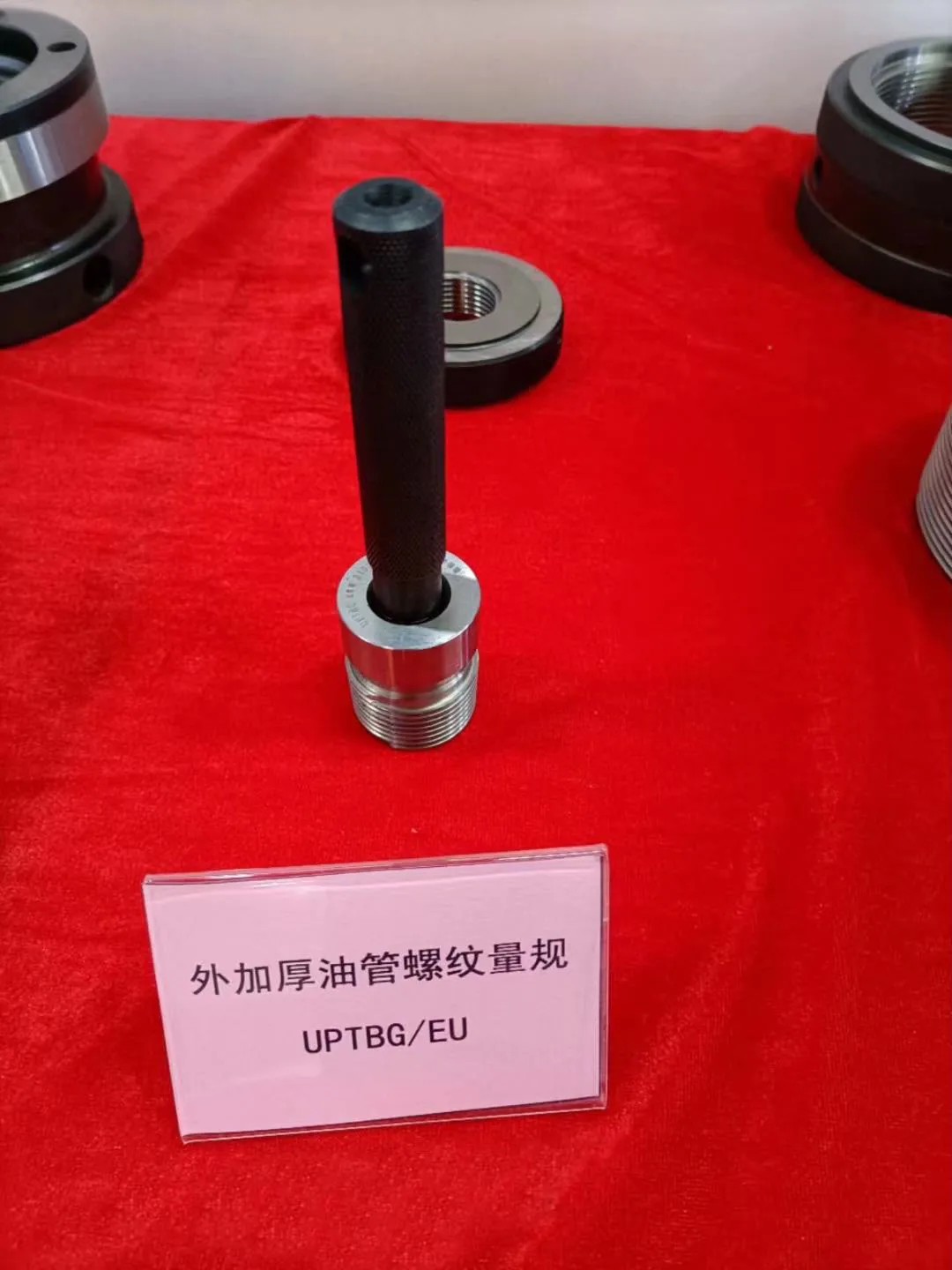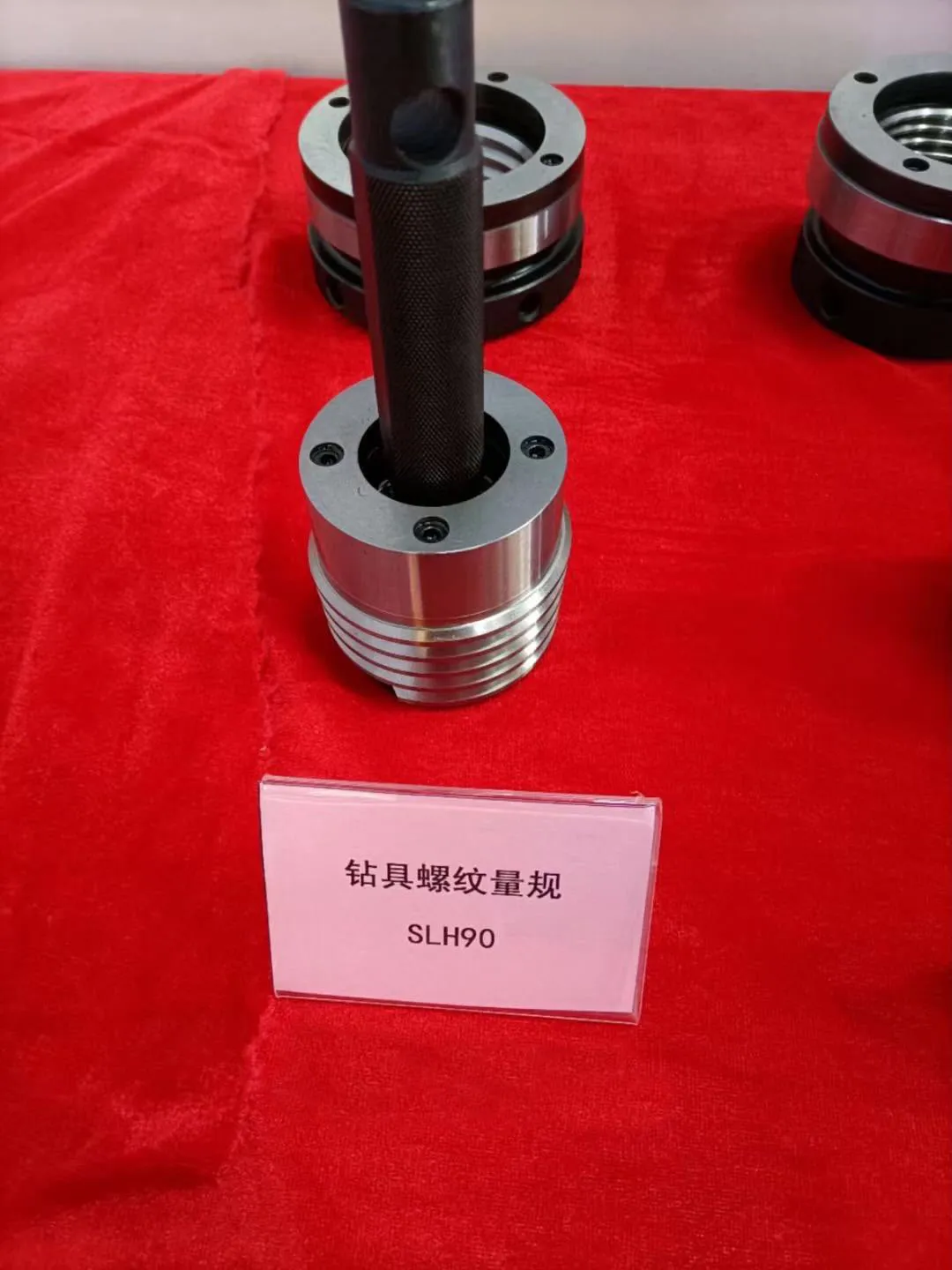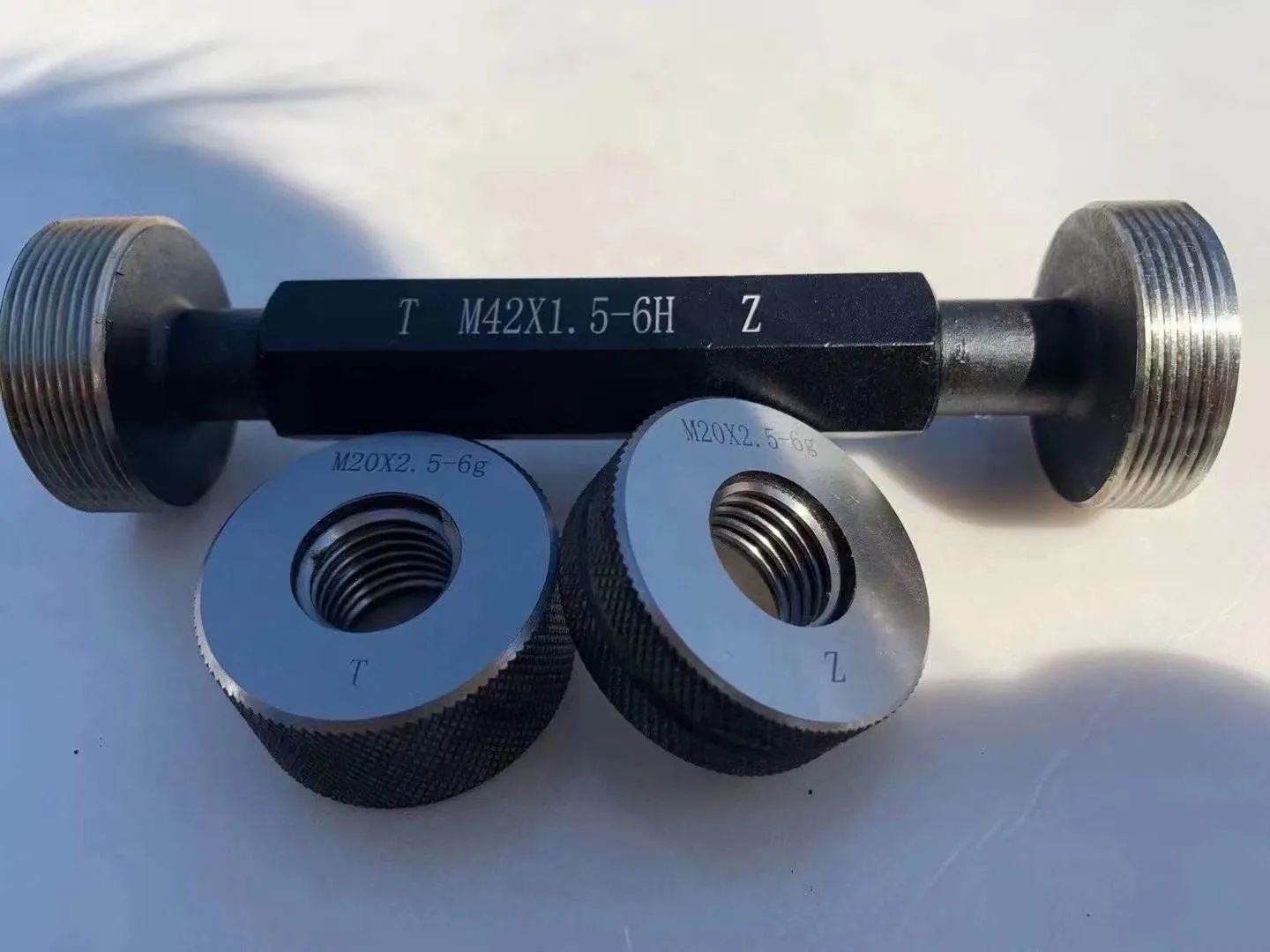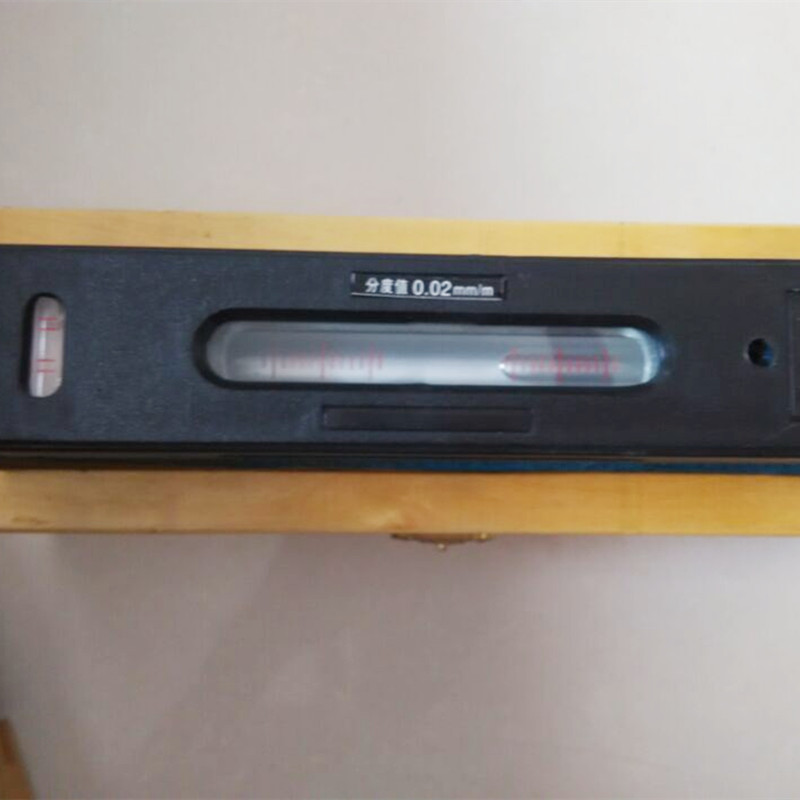Jun . 27, 2025 11:11 Lura għal-lista
Blockchain Verification for Gauge Tool Certification Integrity
In the industrial manufacturing sector, the integrity of measurement tools is paramount. Gauge tools, including thread measuring gauges, precision gauges, and differential gauges, serve as the backbone of quality assurance across industries such as automotive, aerospace, and machinery production. However, ensuring the authenticity and accuracy of these tools has historically relied on manual certification processes, which are prone to human error, tampering, or documentation loss. Enter blockchain technology—a decentralized, immutable ledger system that revolutionizes how manufacturers verify the certification integrity of critical measurement instruments. This article explores how blockchain verification enhances trust, transparency, and traceability for gauge tool certification, with a focus on specialized tools like thread measuring gauges and precision gauges.

Leveraging Blockchain for Gauge Tool Certification Integrity
Gauge tools are indispensable for maintaining dimensional accuracy in manufacturing. Traditional certification methods involve paper-based records or centralized databases, which can be vulnerable to manipulation or data loss. Blockchain technology addresses these challenges by creating an unalterable digital record of every certification step. For instance, when a thread measuring gauge undergoes calibration, details such as date, technician ID, and results are encrypted and stored across multiple nodes in a blockchain network. This ensures that any attempt to alter the data would require consensus across the entire network, making fraud virtually impossible. Manufacturers purchasing bulk quantities of gauge tools can now access real-time verification of each tool’s certification history, reducing risks associated with counterfeit or substandard products.
Enhancing Traceability in Thread Measuring Gauge Calibration
Thread measuring gauges are critical for verifying the pitch, angle, and diameter of threaded components. Even minor deviations in these measurements can lead to catastrophic failures in mechanical systems. Blockchain introduces a layer of traceability by timestamping every calibration event. For example, a thread measuring gauge used in aerospace manufacturing might undergo multiple recalibrations over its lifecycle. Each adjustment is recorded as a “block” linked to previous entries, creating a chronological chain of custody. This allows manufacturers to audit the entire history of a thread measuring gauge with unparalleled precision. Bulk buyers benefit from automated alerts when recalibration is due, ensuring compliance with international standards like ISO 17025 without manual oversight.

Precision Gauge Certification: Immutable Records for Micro-Accuracy
Precision gauges measure tolerances as tight as a few micrometers, making their certification process exceptionally sensitive. Traditional methods risk human error during data entry or gaps in documentation. Blockchain mitigates these risks by automating data capture from calibration devices directly into the ledger. For instance, a precision gauge used in semiconductor production might generate terabytes of calibration data during its lifespan. Storing this information on a blockchain ensures that every micro-adjustment is preserved immutably. Manufacturers can verify the certification status of bulk precision gauges instantly, eliminating delays caused by manual record checks. Additionally, blockchain’s transparency fosters trust between suppliers and buyers, as both parties access the same verified data.
Differential Gauge Verification: Securing Complex Measurement Systems
Differential gauges, which measure the variance between two dimensions, are essential for applications like gear manufacturing or hydraulic systems. Their complexity demands rigorous certification protocols. Blockchain streamlines this process by integrating IoT sensors with smart contracts. For example, a differential gauge equipped with IoT can automatically log measurement data during use. Smart contracts trigger alerts if readings deviate from predefined thresholds, prompting immediate recalibration. This real-time monitoring, combined with blockchain’s tamper-proof logs, ensures that bulk differential gauges remain within certified parameters throughout their operational life. Manufacturers gain peace of mind knowing that their measurement systems are both accurate and auditable.

FAQs About Blockchain-Verified Gauge Tool Certification
How does blockchain verification prevent tampering with gauge tool certifications?
Blockchain’s decentralized structure ensures that no single entity controls the data. Each certification entry is encrypted and linked to previous records, making unauthorized alterations detectable. For bulk gauge tools, this guarantees that every unit’s certification history remains intact and verifiable.
Can thread measuring gauges be retroactively added to a blockchain system?
Yes. Existing thread measuring gauges can be integrated into a blockchain network by uploading historical calibration data. New entries will then build on this foundation, ensuring full lifecycle traceability for both legacy and newly produced tools.
What advantages do precision gauges gain from blockchain certification?
Precision gauges benefit from automated, error-free data logging and instant access to certification records. Bulk buyers can validate the accuracy of thousands of precision gauges simultaneously, streamlining quality assurance processes.
How do smart contracts enhance differential gauge performance monitoring?
Smart contracts automate compliance checks by comparing real-time differential gauge data against certification standards. If anomalies arise, the system alerts technicians immediately, reducing downtime and maintaining measurement integrity.
Is blockchain verification cost-effective for bulk gauge tool purchases?
Absolutely. While initial setup requires investment, blockchain reduces long-term costs by minimizing manual audits, preventing counterfeit incidents, and extending tool lifespan through proactive maintenance alerts.
Blockchain verification is transforming the certification landscape for gauge tools, thread measuring gauges, precision gauges, and differential gauges. By embedding immutability, transparency, and automation into the certification process, manufacturers can ensure the integrity of their measurement systems while optimizing operational efficiency. For bulk buyers, this technology not only safeguards quality but also builds a foundation of trust in an increasingly data-driven industrial world. As industries continue to prioritize precision and accountability, blockchain stands as a cornerstone of modern metrology.
-
Surface Plate Maintenance Best Practices for LongevityAħbarijietJun.27,2025
-
Historical Evolution of Iron Surface Plates in Industrial MetrologyAħbarijietJun.27,2025
-
Cast Iron Y Strainer Safety StandardsAħbarijietJun.27,2025
-
Blockchain Verification for Gauge Tool Certification IntegrityAħbarijietJun.27,2025
-
Advantages of Triple Offset Butterfly Valve Types in High-Pressure SystemsAħbarijietJun.27,2025
-
Wear Resistance Strategies for Trapezoidal ThreadsAħbarijietJun.26,2025
PRODOTTI RELATATI









